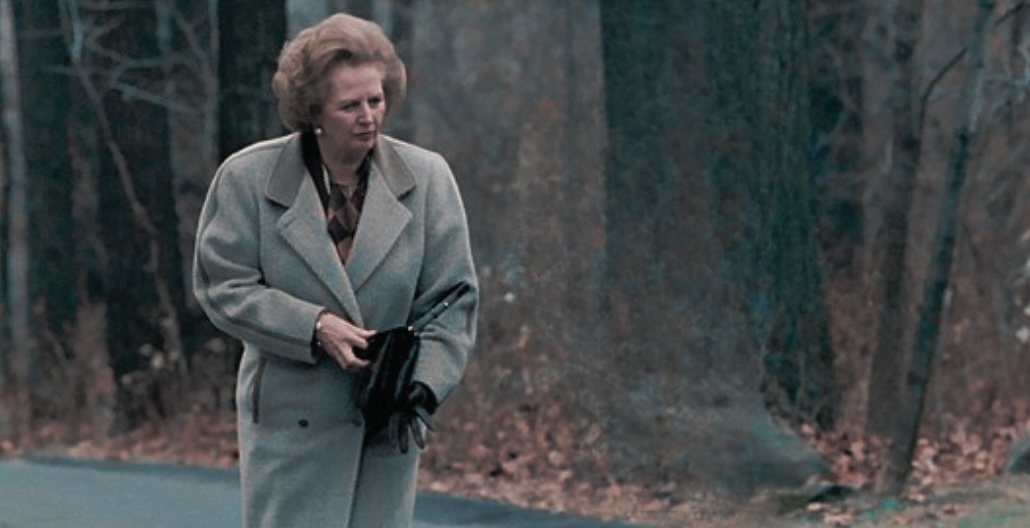The Rise and Fall of Margaret Thatcher is a sharply drawn political drama that slices through the myth and legend of Britain’s first female Prime Minister with theatrical flair. Written by Edmund Green and directed by Harry Medawar, the play eschews hagiography and hatchet job, instead offering a nuanced, often darkly comic exploration of the personalities, rivalries, and machinations that propelled Thatcher to power and, fifteen years later, brought about her dramatic undoing.
You are ushered into the story in the aftermath of the Conservatives’ 1974 electoral defeat, a time of uncertainty and bruised egos. The party, adrift and leaderless, is ripe for a coup. Enter Margaret Thatcher, played with formidable poise by Philippa Heimann, who emerges as an unlikely challenger to Edward Heath. The first act traces her ascent: the backroom plotting, the whispered betrayals, and the calculated risks. Green’s script zeroes in on the personalities, William Whitelaw, Keith Joseph, and the Machiavellian Edward du Cann, who, for their own reasons, step aside, clearing the path for Thatcher’s audacious bid. Airey Neave, her campaign manager, is rendered as both mentor and political chessmaster, guiding Thatcher through the minefield of party politics with a mix of paternal warmth and ruthless pragmatism.
As the curtain rises on Act Two, a decade has passed. Thatcher is now entrenched in power, celebrating ten years as Prime Minister. But the seeds of her downfall are already sown. The play deftly dramatises the events leading to her resignation: the simmering resentment of Geoffrey Howe (and the quiet influence of his wife Elspeth), the restless ambition of Michael Heseltine, and the mounting disloyalty within her Cabinet. Where once Thatcher listened intently to advice and courted allies, she now appears isolated, dismissive, and blind to the shifting sands beneath her feet. The parallels between her rise and fall are laid bare, her earlier humility replaced by hubris, her caution by overconfidence. The audience is left to ponder: was Thatcher’s undoing the result of her own transformation, or the inevitable consequence of political ambition and betrayal?
Philippa Heimann’s Thatcher resists the easy caricature, instead delivering a performance that is steely and vulnerable. In the early scenes, Heimann’s Thatcher is alert, hungry, and almost conspiratorial, her voice modulated to convey both doubt and determination. There’s a particularly striking moment when, alone after a bruising party meeting, she rehearses her leadership pitch, Heimann’s eyes flicker with uncertainty before hardening into resolve. As the play progresses, her Thatcher grows imperious, her gestures sharper, her tone more clipped. Yet Heimann never loses sight of the humanity beneath the armor; in her final confrontation with Howe, she allows a flicker of regret to break through the iron façade, a choice that lands with palpable force in the audience.
The supporting cast is uniformly strong. The actor portraying Airey Neave brings a wry intelligence to the role, his scenes with Thatcher crackling with subtext, mentor and protégé, but also co-conspirators in a high-stakes game. The dueling ambitions of Heseltine and Howe are rendered with subtlety; Heseltine’s restlessness is all nervous energy and suppressed rage, while Howe is a study in wounded loyalty, his eventual act of betrayal played not as triumph but as tragedy. The ensemble’s chemistry is especially evident in the Cabinet scenes, where alliances shift with the speed of a chess match and every glance carries the weight of history.
Green’s script invites you to consider not just the mechanics of power, but the psychological toll it exacts. The questions raised about loyalty, ambition, and the perils of isolation at the top echo far beyond the specifics of Thatcher’s story. In an age when political leadership is once again under scrutiny, the play’s refusal to offer easy answers feels both bracing and necessary. There are shades here of Shakespeare’s Richard III and Julius Caesar, as well as more recent fare like James Graham’s This House, but Green’s voice is distinct: wry, probing, and unafraid to let the audience sit with ambiguity.
Compared to previous dramatizations of Thatcher’s life, be it The Iron Lady on screen or Moira Buffini’s Handbagged on stage, Green’s play is less interested in biography than in anatomy: the anatomy of power, and the anatomy of its collapse. There are sly nods to Shakespeare, but the tone is uniquely its own.
The Rise and Fall of Margaret Thatcher is a tremendous achievement, witty, engrossing, and unflinching in its examination of one of Britain’s most polarising figures. It will spark conversation, debate, and perhaps even a measure of empathy for those who walk the corridors of power.


